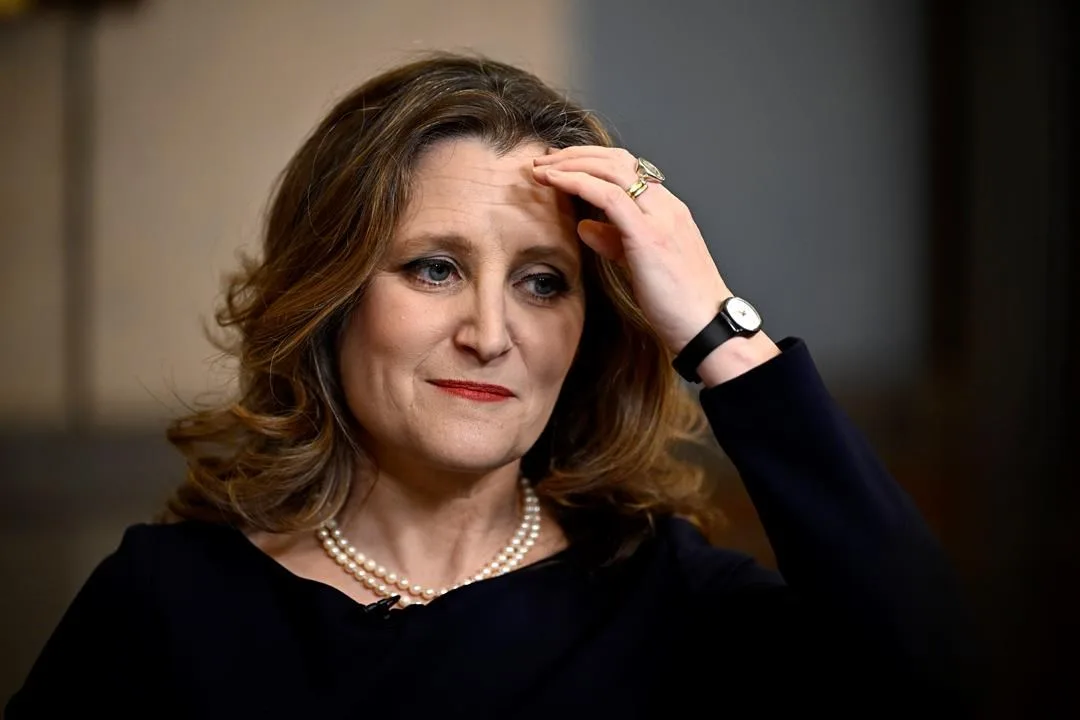Reaching Your CPP Contribution Maximum: What Workers Need to Know
Understanding when you’ve hit the Canada Pension Plan (CPP) maximum contribution for the year can save you confusion—and help you make sense of your paycheques as the year goes on. The CPP is designed with an annual limit, meaning once you’ve contributed the maximum required amount, no further CPP deductions should come off your income for the rest of that calendar year. How CPP Contributions Work CPP contributions are based on: Your employment income The year’s maximum pensionable earnings (YMPE) The CPP contribution rate Each year, the federal government sets: A maximum amount of income on which CPP contributions apply (the YMPE) The maximum total contribution you and your employer must make Once your income reaches that threshold, your contributions stop automatically. How to Know You’ve Reached the Maximum Here are the simplest ways to tell: Check your pay stub Your pay stub shows year‑to‑date CPP contributions. Compare this number to the annual maximum ...




Comments
Post a Comment